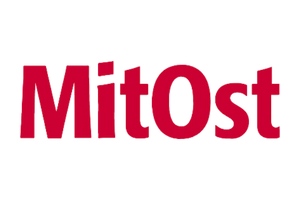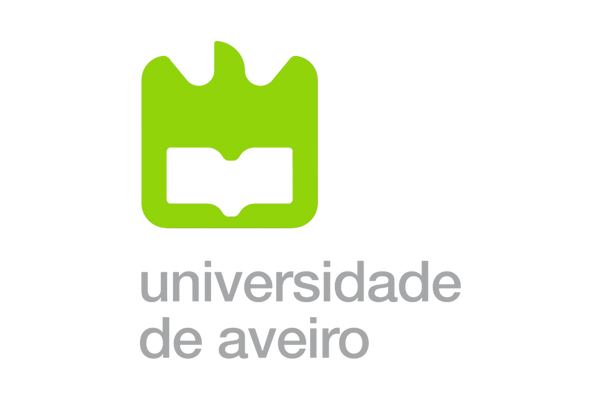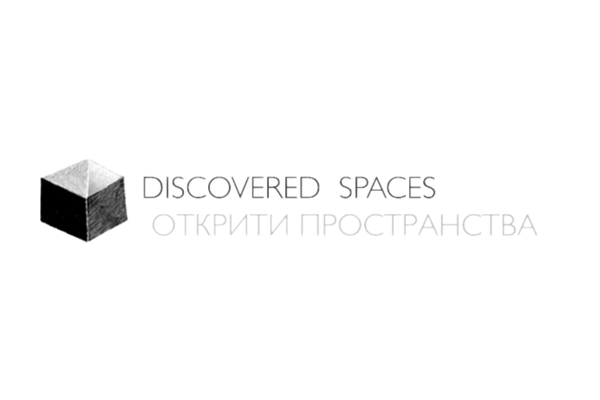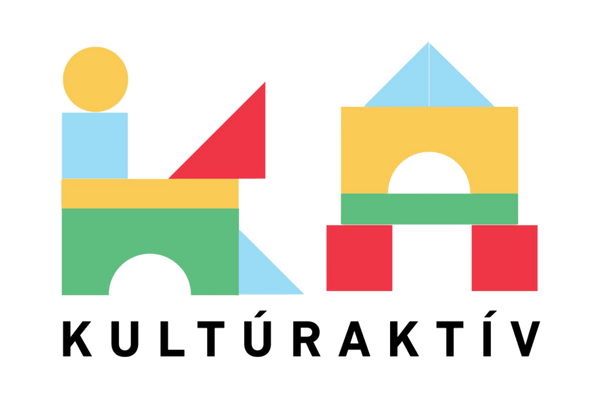- ERASMUS+
CE+: Capacity development of cultural educators in the digital era
- Creative and cultural industries
- |
- Digital education
- |
- Disadvantaged people
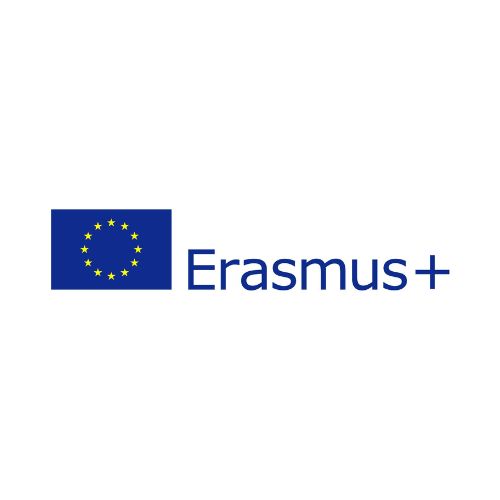
ID: 2019-1-DE02-KA204-006439
Duration: 1 September, 2019 – 31 August, 2022
The project envisages to qualify at least 200 cultural trainers by September 2022 on one of the following topics: creating and sustaining collective impact in the field of culture, production and transfer of transcultural knowledge, working with new migrants and marginalized groups, new forms of community and international cooperation, integration of artistic and social work, digital education in the sector of creativity and culture.
The Developing the capacity of trainers in the field of culture in the digital age or CE + for short, is based on the idea that professional exchange between these professionals across Europe is essential to ensure sustainable existence and competitiveness in the rapidly changing European cultural landscape. Mobility within the European cultural sector is increasing, raising concerns for the environment as well as access to mobility. Therefore, effective training methods that allow participation with limited time and money are needed to complement on-the-ground training and exchange activities. This type of learning requires open access educational resources and the use of innovative digital technologies to engage participants with limited travel opportunities.
The project envisages to qualify at least 200 cultural trainers by September 2022 on one of the following topics: a) creation and maintenance of collective impact in the field of culture, b) production and transfer of transcultural knowledge, c) work with new migrants and marginalized groups d) new forms of community and international cooperation, e) integration of artistic and social work, f) digital education in the creative and cultural sector.
The above topics will be presented through a blended learning methodology, combining face-to-face sessions in almost all partner countries with webinars and electronic interaction with participants.
The project consortium is led by the German association MitOst eV and consists of seven other organizations from Bulgaria, Hungary, Poland, Portugal, Slovenia and Sweden.
